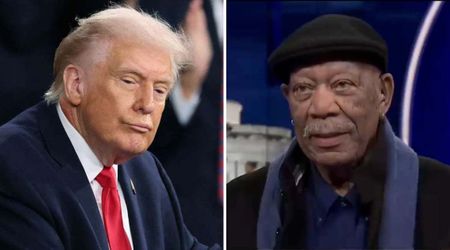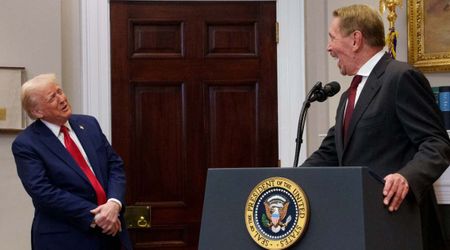CEO Jim Farley says Ford struggling to fill 5,000 mechanic jobs despite $120K pay amid skill crisis
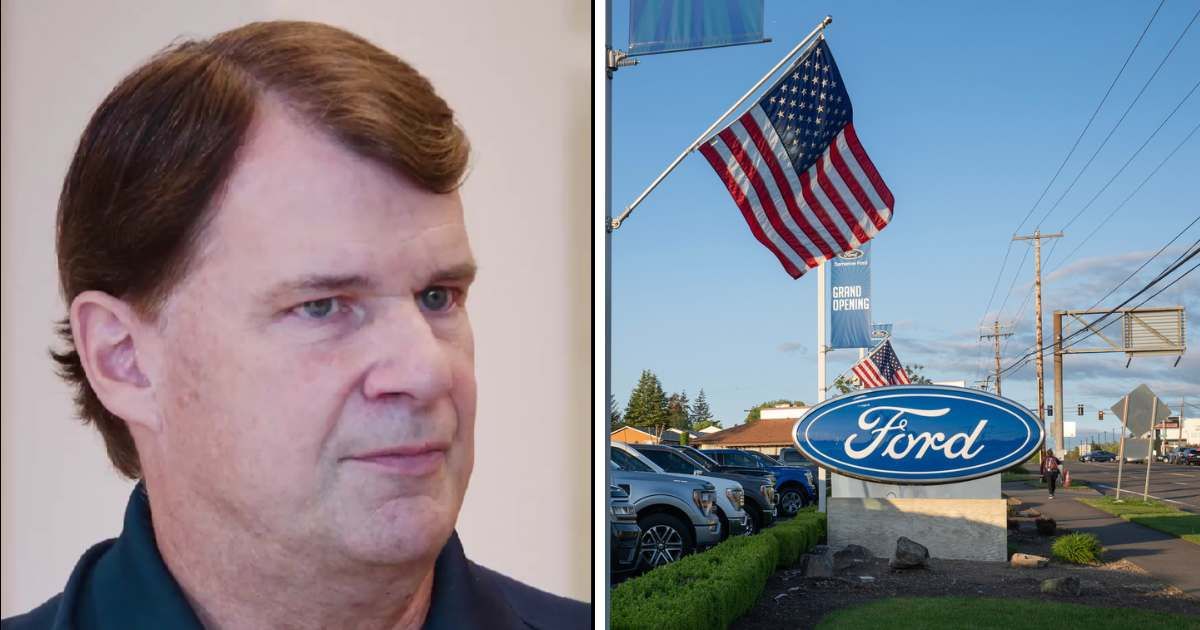
What powers the essential economy? Skills, opportunity, real careers. @jimfarley98, CEO of Ford, shares why these jobs matter in every community.
— Office Hours: Business Edition (@officehoursbusi) November 10, 2025
Full Office Hours: Business Edition episode drops November 12.#OfficeHoursWithMonica pic.twitter.com/SH7xV0Jowb
DEARBORN, MICHIGAN: Ford Motor Company is sounding the alarm on a deepening crisis in America’s skilled trades.
CEO Jim Farley revealed that the company cannot fill 5,000 mechanic positions, even while offering $120,000-a-year salaries. He painted the mechanic shortage as part of a much larger national emergency.
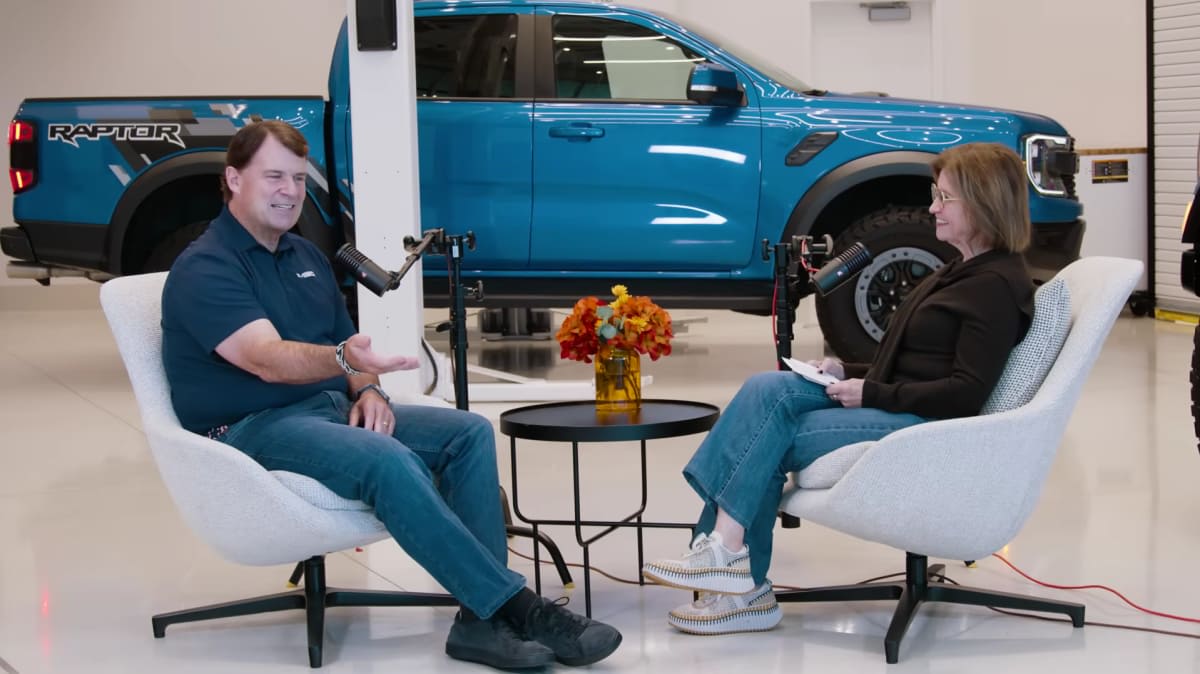
Jim Farley on skills shortage
On the 'Office Hours: Business Edition' podcast aired on Wednesday, November 12, Farley said, “We are in trouble in our country. We are not talking about this enough.”
He described how "Ford currently has 5,000 open mechanic roles, each paying $120,000 annually a pay level that is nearly twice the average US salary."

Despite the generous compensation, Farley said these "jobs remain unfilled because it takes about five years of training just to master the skills." He gave the example of "removing a diesel engine from a Super Duty truck, a process that demands deep technical expertise."
With Ford also trying to make its jobs more attractive.by eliminating its lowest wage tier and promised 25 percent pay raises over four years under its union contract with the 'United Auto Workers'.
But Farley says this is "not enough without a stronger pipeline of skilled workers." As he put it, empty service bays “a bay with a lift and tools and no one to work in it” are a stark symbol of the crisis.
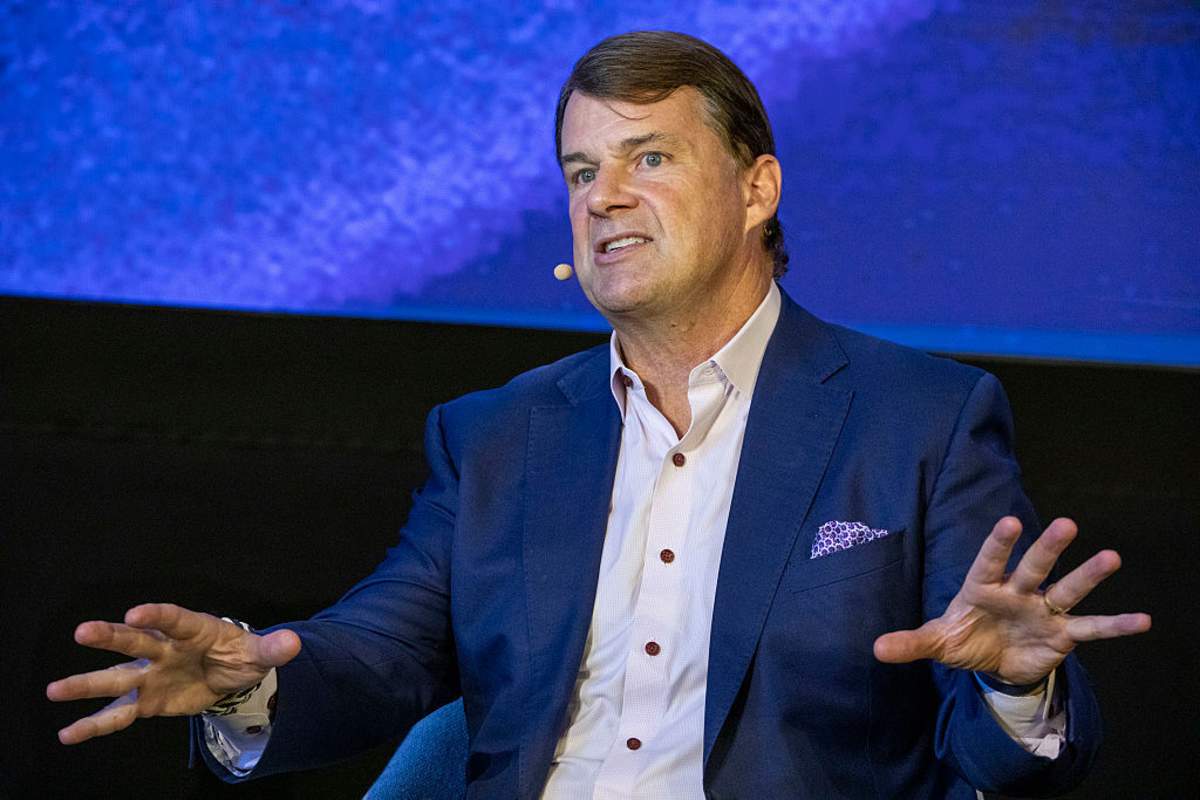
Ford CEO Jim Farley calls for change amid broader crisis
Farley noted that the US has over one million openings in essential jobs including emergency services, factory work, trucking, plumbing, and electrical trades.
He argued that the problem stems from a sharp decline in trade schools “We do not have trade schools,” he said, blaming decades of underinvestment in vocational education.
He also appealed to nostalgia and personal history. Farley "described how his grandfather Ford employee number 389 worked on the Model T, rose from nothing, and built a middle-class life."
He expressed regret that similar pathways are disappearing, saying, “We are not investing in educating a next generation of people like my grandfather who had nothing, who built a middle class life and a future for his family.”

Farley was far from alone in his concern. Rich Garrity, a board member of the National Association of Manufacturers, agreed with his grim assessment, saying the US is missing “skill sets that can connect to 21st-century manufacturing needs.”
Garrity stressed that modern manufacturing roles now blend manual labor and digital skills yet many community colleges and trade programs struggle to keep up.
He pointed out that emerging technologies "such as robotics, automation, EV battery systems, and additive manufacturing are largely absent from traditional trade school curricula."
Adding to the warning, the National Automobile Dealers Association reports that the automotive industry faces an annual shortfall of nearly 37,000 trained technicians.





